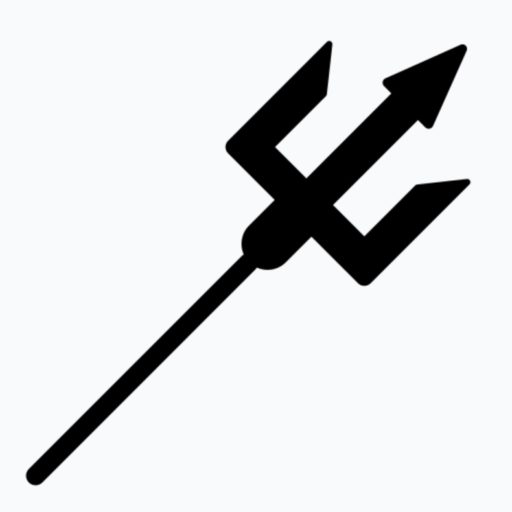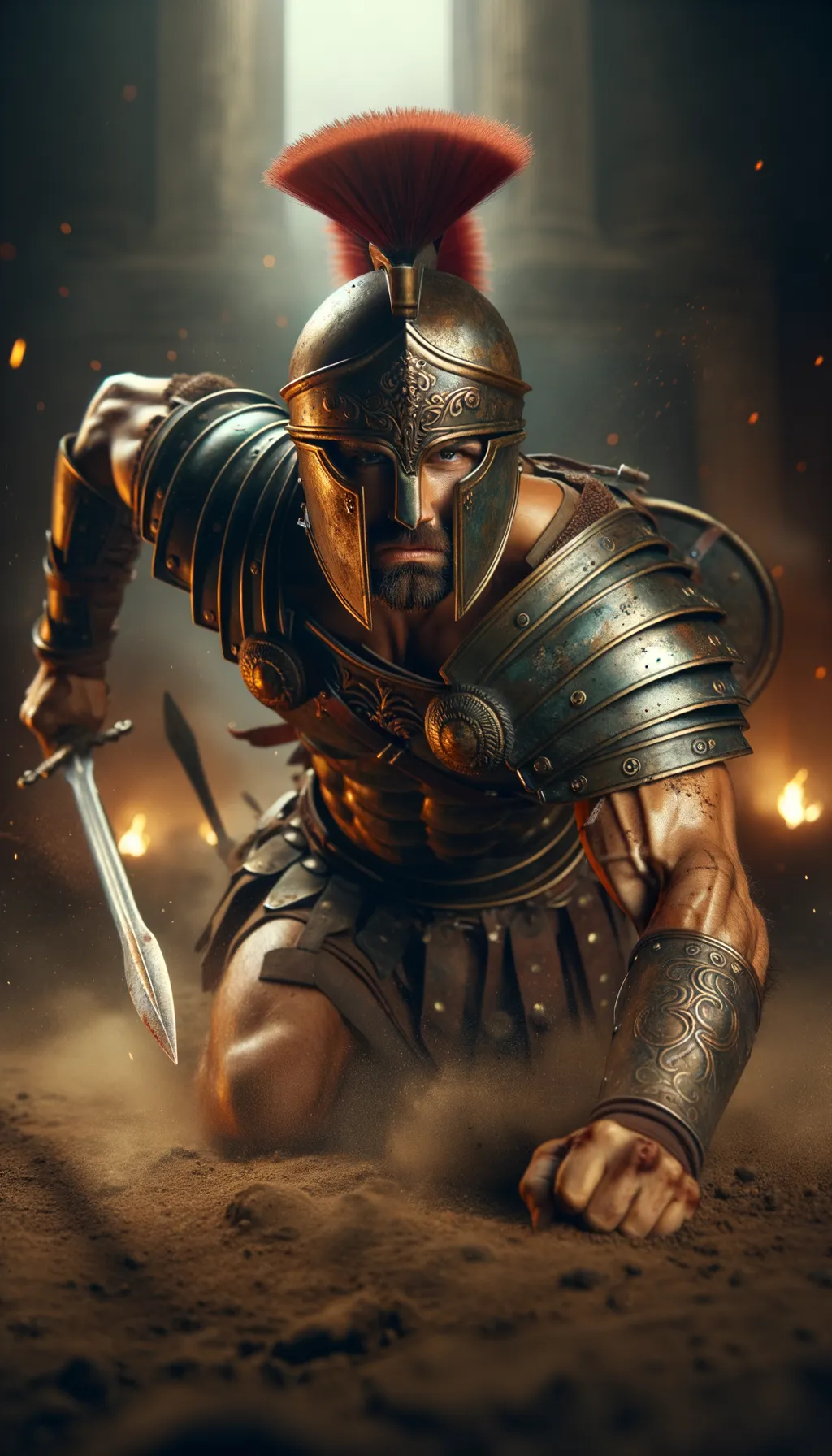The myth of Prometheus in Greek mythology is a story full of symbolism. Prometheus defied the gods and showed himself to be a friend of mortals. He is credited with the creation of mankind and the delivery of fire, a vital element for the development of civilization. This myth has inspired literary and artistic works, highlighting the sacrifice and struggle of Prometheus for freedom and knowledge. It also represents the power of intelligence and human courage, as well as the consequences of defying the gods.
Meaning of the Prometheus myth
The myth of Prometheus is a fascinating story that has a deep symbolism in Greek mythology. Prometheus, a brave and defiant titan, showed himself to be a friend of mortals by creating mankind and providing them with fire, a vital element for their development and progress.
Prometheus: a titan defiant of the gods
Prometheus, a bold titan, defied the gods by stealing fire and giving it to mortals. Unlike other gods, Prometheus was compassionate towards mankind and sought their benefit, which made him a symbol of bravery and rebellion.
The creation of mankind and the delivery of fire
Prometheus is credited with creating mankind by molding men out of clay and endowing them with intelligence and special abilities. However, in order for men to progress in the arts and sciences, they needed fire. Prometheus made the bold decision to steal a spark from Helios’ chariot and give it to men, making them, to some extent, equal to the gods.
The symbolism of fire in the development of civilization
Fire, given by Prometheus, symbolizes knowledge, progress and civilization. It enabled men to master the arts, sciences and technology, driving their development and evolution. In addition, fire also represents the human ability to challenge established norms and seek a better future.
Prometheus and Pandora: two related figures
In the myth of Prometheus, two figures stand out for their close relationship: Prometheus and Pandora. Although they have different roles in the myth, their story is significantly intertwined.
The punishment of Prometheus and the creation of Pandora
Prometheus’ defiance of the gods infuriated Zeus, who decided to punish him cruelly. As a consequence of his rebellion, Zeus ordered the creation of Pandora, the first woman on earth, endowed with a box containing all the evils and misfortunes.
The creation of Pandora was intended to punish men for the theft of fire and for benefiting from the knowledge and skills bestowed by Prometheus. This action showed that both Prometheus and men were to suffer the consequences of their defiance of the gods.
The role of Pandora in the myth of Prometheus
Pandora, naive and curious by nature, fell into the temptation of opening the forbidden box, thus releasing all the evils and misfortunes known in the world. These evils were dispersed throughout humanity, causing suffering and misfortune.
The presence of Pandora in the myth of Prometheus emphasizes the idea that humanity must face the consequences of its actions. In addition, Pandora symbolizes curiosity and temptation as inherent aspects of the human condition.
Although Prometheus and Pandora are related in the myth, their actions and fates differ. While Prometheus is punished for his generosity towards men, Pandora is used as an instrument of punishment and as the bearer of the evils of the world.
The story of Prometheus and Pandora invites us to reflect on the inevitable consequences of challenging the established order.
Prometheus’ punishment and release
The myth of Prometheus becomes even more fascinating when his punishment and subsequent liberation are analyzed.
Zeus’ anger and punishment on Mount Caucasus
Zeus, fearing the power and ambition of men, was enraged and decided to punish Prometheus. As a consequence, the titan was chained in the Caucasus Mountain, an inaccessible and cruel region. There, every day, an eagle descended to devour his liver, but his immortality allowed this organ to regenerate during the night to be torn again the next day. Prometheus endured this eternal torture with courage and endurance, without renouncing his love for humanity.
The liberation of Prometheus and his gratitude to Hercules
Finally, Prometheus’ release came when Hercules succeeded in slaying the eagle and breaking the chains that held him prisoner. As a gesture of thanks, Prometheus revealed to Hercules the location of the golden apples of the Hesperides, a favor that would be of great help to him on his own journey. However, although he was released, Prometheus had to wear a ring attached to a rock as a symbol of his punishment. This episode of liberation shows the recognition of Prometheus’ bravery and struggle, as well as the importance of gratitude and reciprocity. Despite his suffering, the titan was able to maintain his integrity and allow others to benefit from his wisdom.
The myth of Prometheus in literature and art
The figure of Prometheus has been widely explored in literature, and one of the most prominent works devoted to him is ‘Prometheus in Chains’ by the Greek playwright Aeschylus. In this tragedy, Aeschylus portrays Prometheus’ rebellion against the gods and his subsequent punishment on Mount Caucasus.
Aeschylus’ play presents Prometheus as a brave and defiant character, whose love for humanity leads him to confront the gods in search of their welfare. Prometheus is portrayed as the protector of men, the one who has granted them fire and wisdom, and who refuses to yield to the whims of Zeus. His determination and endurance in the face of perpetual torture make him a symbol of human will in the face of divine adversity.
Aeschylus uses a poetic and symbolically charged narrative to explore the themes of rebellion, punishment and the struggle for freedom. Through his central character, the Greek playwright challenges divine authority and raises questions about injustice and absolute power. Aeschylus’ play shows us the impact that the myth of Prometheus had on ancient Greece and how his story struck a chord in the society of the time.
Inspiration and artistic representation of the myth of Prometheus
The myth of Prometheus has served as inspiration for artists from different periods and disciplines. His story, full of divine challenges and sacrifice, has been captured in various works of art that seek to convey its meaning and symbolic power.
In painting, Prometheus is often depicted chained to Mount Caucasus, facing the punishment imposed by Zeus. These depictions capture the titan’s strength and endurance, as well as the suffering to which he has been condemned. Artists have been able to express his pain and anguish through Prometheus’ facial expression and body posture, conveying his inner struggle and determination to stand firm in his defense of humanity.
In sculpture, Prometheus is often depicted in an upright and defiant position, showing his bravery and determination. Sculptures of Prometheus emphasize his muscular and heroic figure, highlighting his role as a rebellious titan and defender of humanity. Some of these sculptures also incorporate elements such as chains or eagles to represent the punishment imposed by Zeus.
In addition, the story of Prometheus has been adapted into literature, theater and film, where his struggle and sacrifice continue to resonate with contemporary audiences. This artistic richness demonstrates the enduring relevance of the Prometheus myth and its ability to inspire generations of artists to explore themes of rebellion, justice and power.
If you want to wear a sweatshirt dedicated to the spider woman, do not miss this opportunity. All the charm and all the badness in a single piece of clothing.
Subscribe
If you want to receive in your mailbox stories, curiosities and legends of the most fascinating creatures of classical mythology just fill in this form.
Continue reading
If you liked this article, you like mythology. And in this case, we have much more to offer you. Discover new adventures, heroes, nymphs, gods, battles, teachings… Just click on the button.
mitologiaclasica.com is a website dedicated to explore and spread the fascinating richness of mythology, offering a vast compendium of stories, characters and legends.
Explore
Greek Mythology
Roman Mythology
Norse Mythology
Egyptian Mythology
Hindu Mythology
Chinese Mythology
Japanese Mythology
Celtic Mythology
Privacy Policy
Privacy Policy
Copyright mitologiaclasica.com


